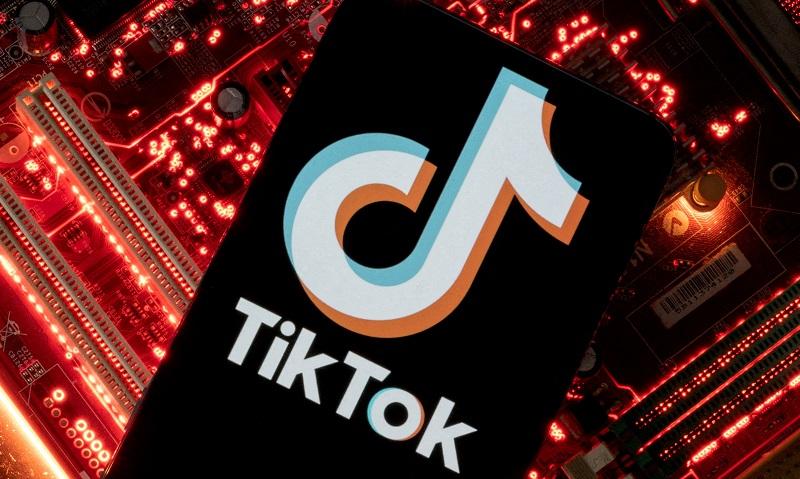The Ghosts of TikTok: Lessons from India’s Ban and What It Means for the U.S.
TikTok, the wildly popular short-form video app, has been a cultural force in multiple countries, fostering creativity, connecting communities, and even changing lives. However, its history in India, once its largest market, reveals the profound impact of a nationwide ban. As the United States contemplates a similar fate for TikTok, India’s experience offers a cautionary tale about the app’s cultural significance and the ripple effects of its absence.
The Rise and Fall of TikTok in India
In 2020, TikTok had 200 million users in India, with an unmatched ability to connect rural creators with global audiences. Its algorithm offered visibility to marginalized voices, democratizing content creation in a way no other platform could match. For influencers like Sucharita Tyagi, who amassed 11,000 followers, TikTok was a cultural phenomenon that united people across diverse backgrounds.
The app’s meteoric rise was abruptly halted in June 2020 following a deadly border clash between India and China. As geopolitical tensions escalated, the Indian government banned TikTok along with 58 other Chinese apps, citing national security concerns. Almost overnight, TikTok vanished from Indian smartphones, leaving behind frozen accounts and a vacuum in the country’s digital ecosystem.
Cultural Shifts Post-Ban
TikTok’s absence splintered India’s social media landscape. While several Indian startups like Chingari, Moj, and MX TakaTak rushed to fill the void, they struggled to replicate TikTok’s magic. Global giants Instagram and YouTube quickly stepped in, launching Reels and Shorts to capture displaced users. While these platforms absorbed much of TikTok’s traffic, they failed to recreate the platform’s hyper-local and grassroots culture.
“TikTok brought farmers, bricklayers, and small-town creators into the limelight,” says Prasanto K Roy, a technology analyst. “You don’t see that as much on YouTube Shorts or Instagram Reels.” For many creators, the transition felt like a loss, not just of followers but of an inclusive space where niche communities thrived.
Echoes in the United States
The U.S. now faces a similar crossroads. In 2024, President Joe Biden signed legislation requiring TikTok’s parent company, ByteDance, to sell its stake in the app or face a nationwide ban by January 2025. ByteDance has resisted, and legal battles loom, potentially escalating to the Supreme Court.
TikTok’s cultural significance in the U.S. mirrors its role in India. With 150 million American users, the platform fosters niche communities and serves as a livelihood for countless small creators. According to Pew Research, nearly one-third of Americans aged 18-29 rely on TikTok for news, underscoring its deep integration into U.S. culture.
Economic and Political Ramifications
A U.S. ban would have far-reaching implications beyond social media. India’s TikTok ban opened a multibillion-dollar market opportunity for local startups, though few survived the competition from global giants. In the U.S., established platforms like Instagram and YouTube are already poised to benefit.
Politically, the stakes are higher. India faced minimal backlash from China, but experts warn that a U.S. ban could ignite a trade war. With China’s ongoing push to replace American technology with domestic alternatives, a TikTok ban could exacerbate tensions between the two superpowers.
The Lingering Legacy of TikTok
Even years after the ban, the ghosts of Indian TikTok remain. Accounts and videos are still accessible outside the country, frozen relics of a cultural revolution. For creators like Tyagi, visiting the U.S. offered a bittersweet glimpse into her former digital life. “It was like a trip back in time,” she says.
Whether TikTok will face a similar fate in the U.S. remains uncertain. However, the Indian experience reveals that while apps can be replaced, the culture they cultivate often cannot. As legal battles and geopolitical tensions unfold, the world watches, aware that the ramifications of a U.S. TikTok ban could be even more profound.










.jpg)